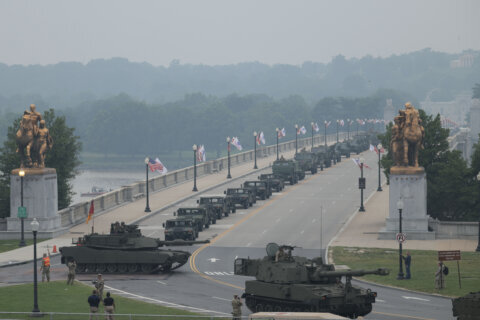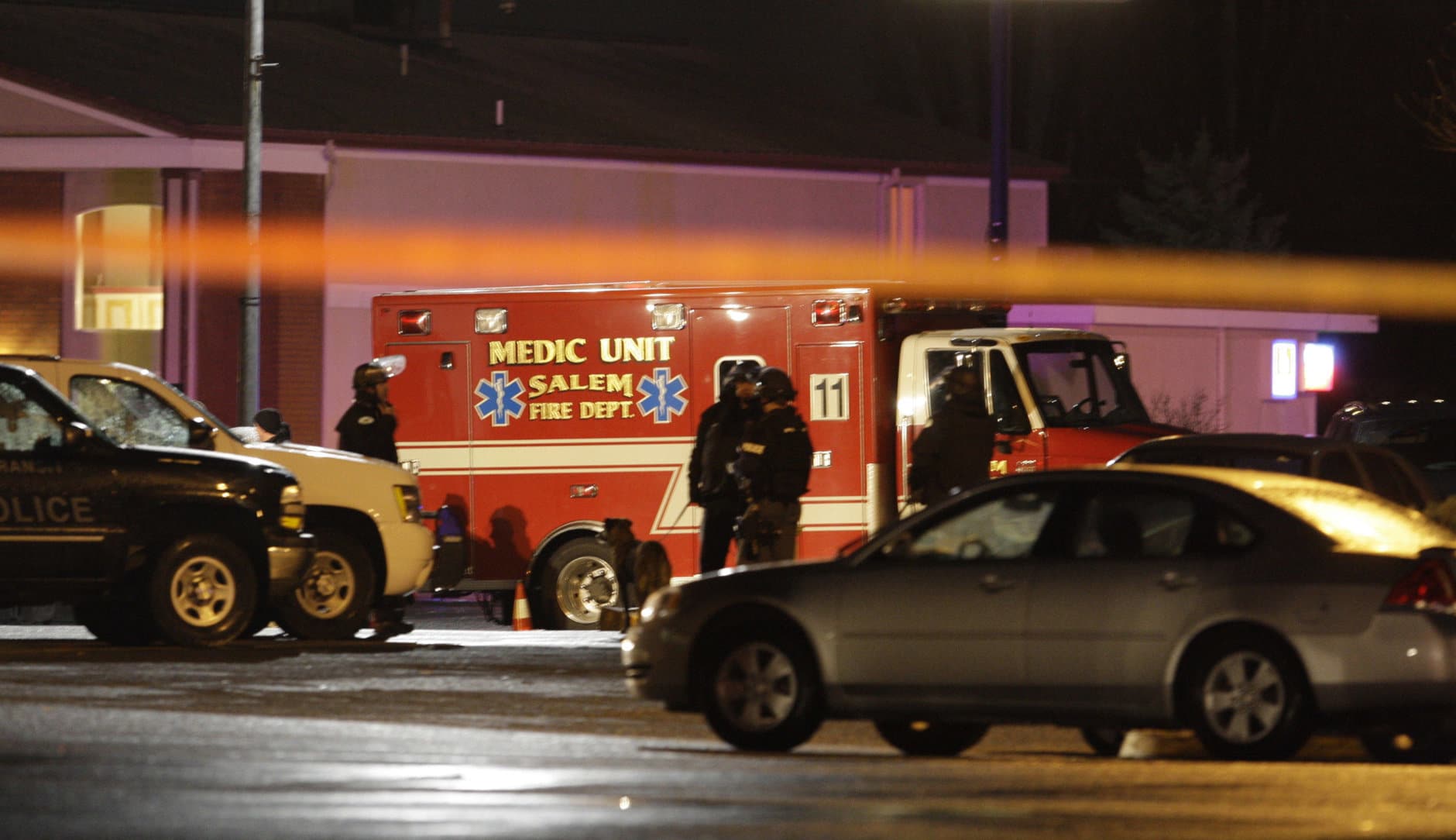
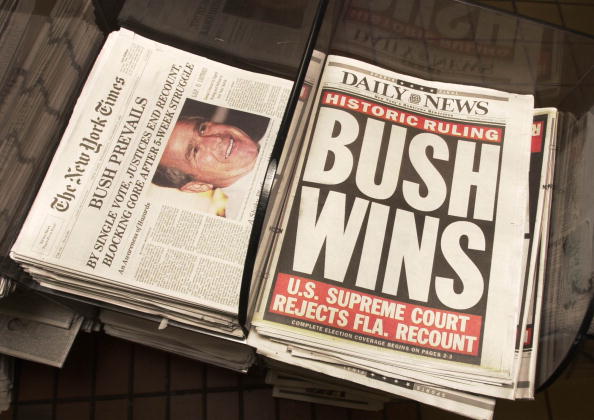
In 2000, George W. Bush became president-elect as a divided U.S. Supreme Court reversed a state court decision for recounts in Florida’s contested election. Here, newspapers give the results of the U.S. Supreme Court”s decision to halt the Florida ballot recount, claiming George W. Bush as the victor for the presidency December 12, 2000 at Penn Station in New York City. (Photo by Chris Hondros/Newsmakers)
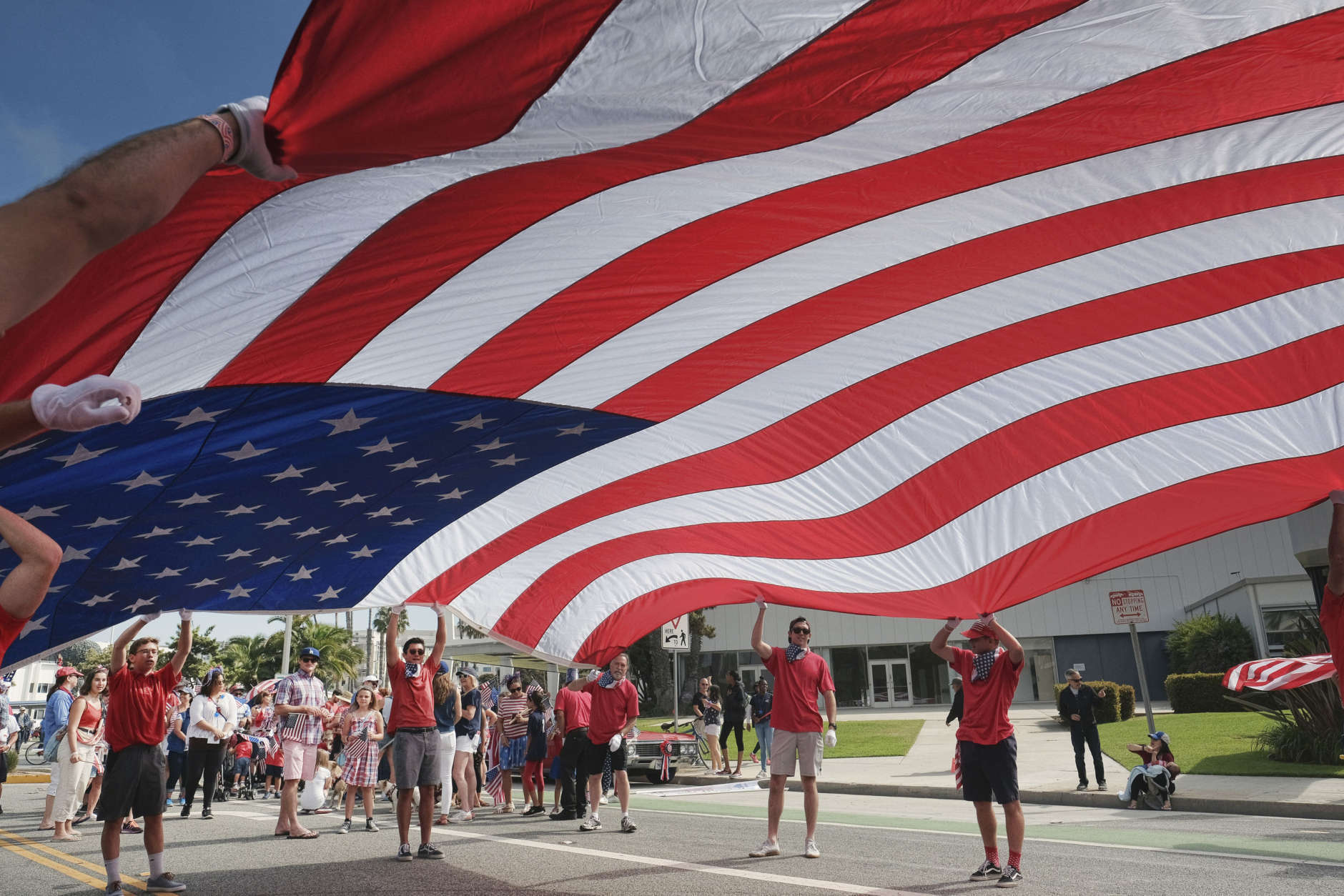
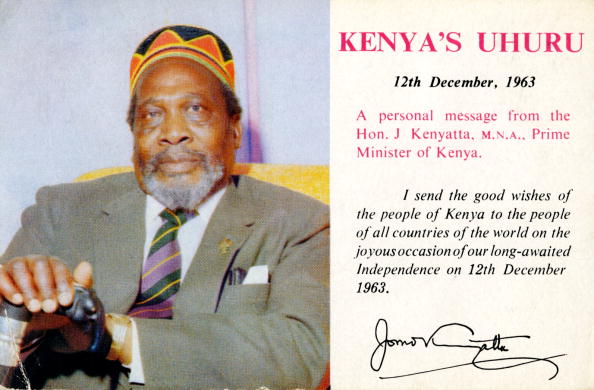
In 1963, Kenya became independent of Britain. Here, a postcard issued by the government of Jomo Kenyatta to mark Kenya’s formal independence on 12th December 1963. The message reads “I send the good wishes of the people of Kenya to the people of all countries in the World on the joyous occasion of our long-awaited independence on 12th December 1963.” (Photo by Epics/Getty Images)
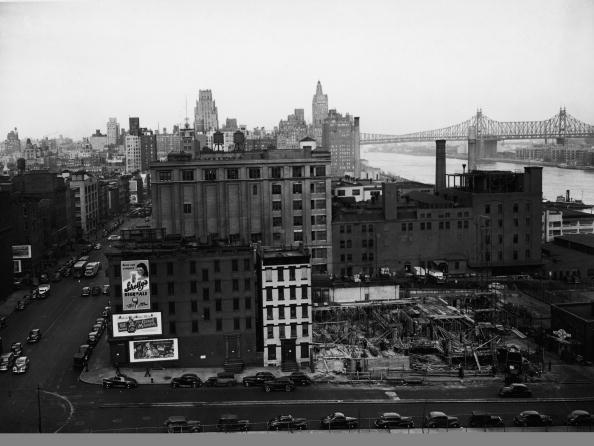
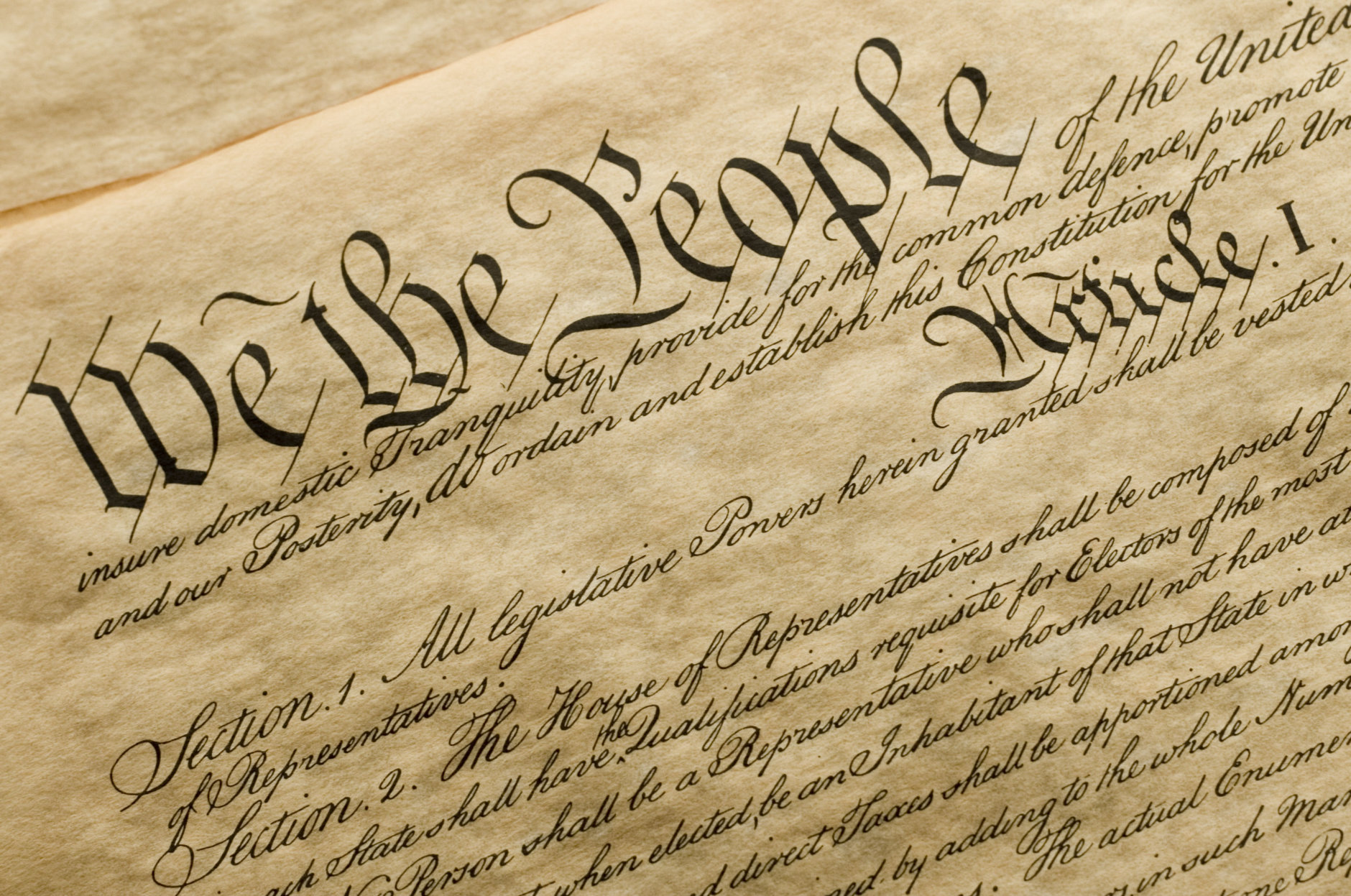
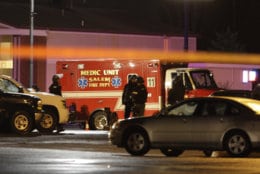
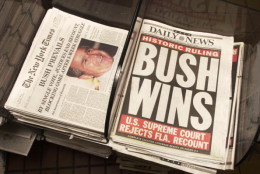
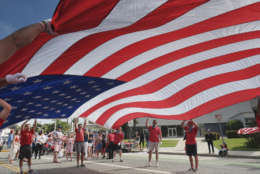
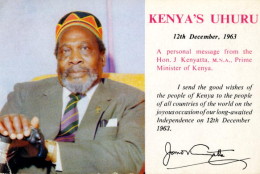
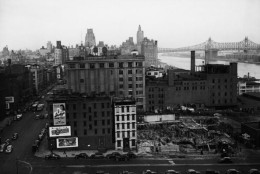
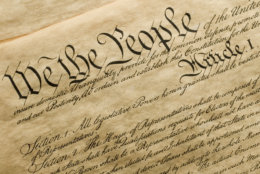
Today in History
Today is Wednesday, Dec. 12, the 346th day of 2018. There are 19 days left in the year.
Today’s Highlights in History:
On Dec. 12, 2000, George W. Bush became president-elect as a divided U.S. Supreme Court reversed a state court decision for recounts in Florida’s contested election.
On this date:
In 1787, Pennsylvania became the second state to ratify the U.S. Constitution.
In 1906, President Theodore Roosevelt nominated Oscar Straus to be Secretary of Commerce and Labor; Straus became the first Jewish Cabinet member.
In 1913, authorities in Florence, Italy, announced that the “Mona Lisa,” stolen from the Louvre Museum in Paris in 1911, had been recovered.
In 1917, during World War I, a train carrying some 1,000 French troops from the Italian front derailed while descending a steep hill in Modane (moh-DAN’); at least half of the soldiers were killed in France’s greatest rail disaster. Father Edward Flanagan founded Boys Town outside Omaha, Nebraska.
In 1937, Japanese aircraft sank the U.S. gunboat Panay on China’s Yangtze River. (Japan apologized, and paid $2.2 million in reparations.)
In 1946, a United Nations committee voted to accept a six-block tract of Manhattan real estate offered as a gift by John D. Rockefeller, Jr. to be the site of the U.N.’s headquarters.
In 1963, Kenya became independent of Britain.
In 1977, the dance movie “Saturday Night Fever,” starring John Travolta, premiered in New York.
In 1985, 248 American soldiers and eight crew members were killed when an Arrow Air charter crashed after takeoff from Gander, Newfoundland.
In 1995, by three votes, the Senate killed a constitutional amendment giving Congress authority to outlaw flag burning and other forms of desecration against Old Glory.
In 1997, Ilich Ramirez Sanchez, the international terrorist known as “Carlos the Jackal,” went on trial in Paris on charges of killing two French investigators and a Lebanese national. (Ramirez was convicted, and is serving a life prison sentence.)
In 2003, Paul Martin succeeded Jean Chretien (zhahn kreh-TYEN’) as Canada’s prime minister. Rolling Stones frontman Mick Jagger was knighted by Britain. Keiko, the killer whale made famous by the “Free Willy” movies, died in the Norwegian fjord that he’d made his home.
In 2008: A bomb exploded inside the West Coast Bank in Woodburn, Ore., killing Woodburn Police Capt. Thomas Tennant and Oregon State Police Senior Trooper William Hakim. Actor Van Johnson died in Nyack, N.Y. at age 92.
In 2013: The House voted to ease across-the-board federal spending cuts and head off future government shutdowns, acting after Speaker John Boehner unleashed a stinging attack on tea party-aligned conservative groups campaigning for the measure’s defeat. Actor-writer-producer Tom O’Laughlin, 82, creator of “Billy Jack,” died in Thousand Oaks, California.
In 2017: Democrat Doug Jones won Alabama’s special Senate election over Republican Roy Moore, who had denied accusations of sexual misconduct with teenage girls that allegedly took place when he was in his 30s; it was the first Democratic Senate victory in Alabama in a quarter-century, and came despite an endorsement of Moore by President Donald Trump. San Francisco Mayor Ed Lee, the city’s first Asian-American mayor, died at the age of 65 after collapsing while grocery shopping.
Copyright © 2026 The Associated Press. All rights reserved. This material may not be published, broadcast, written or redistributed.

